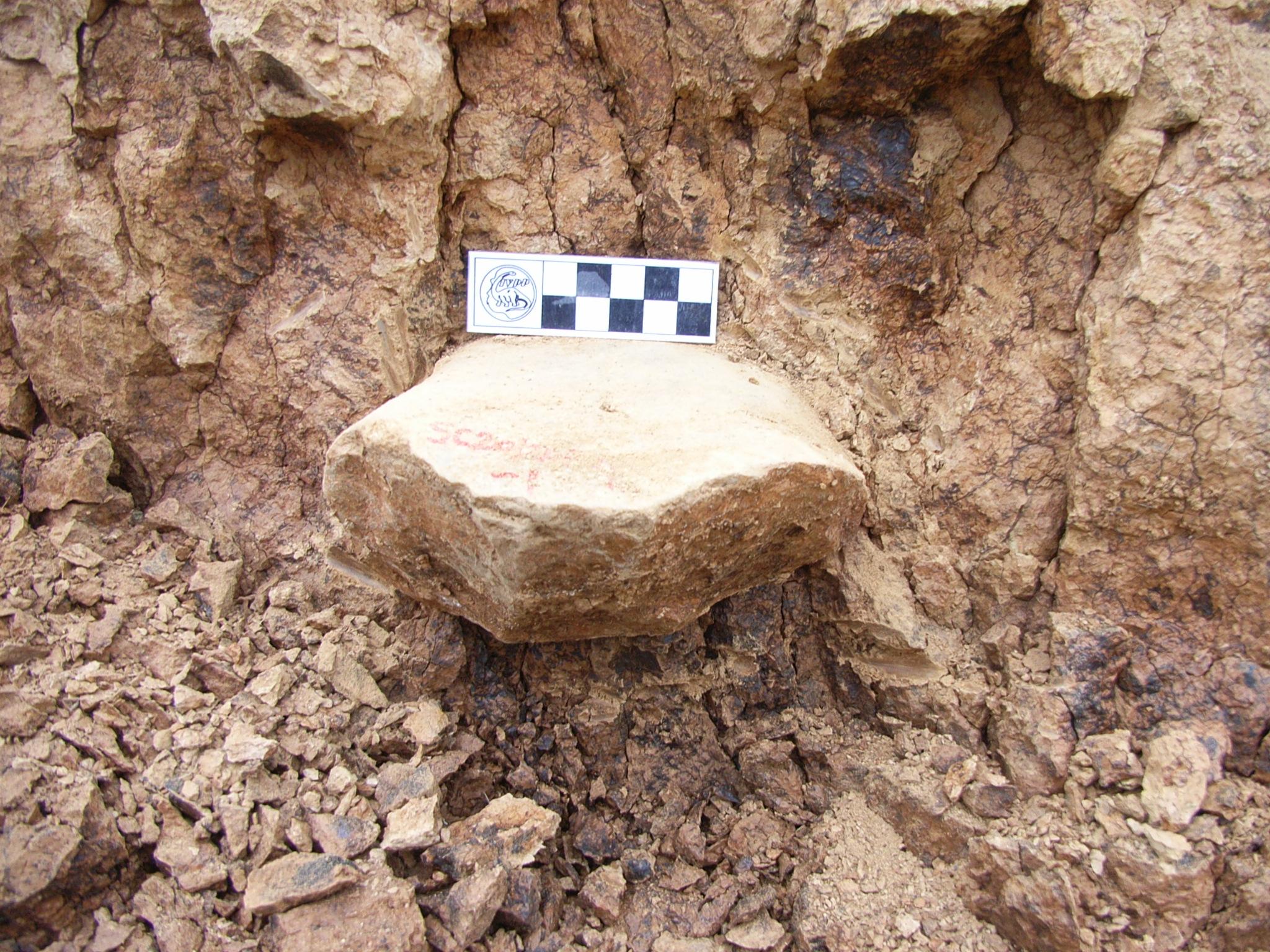The Independent's journalism is supported by our readers. When you purchase through links on our site, we may earn commission.
Ancient tools in China reveal primitive humans left Africa earlier than previously thought
Stone artefacts and animal bones discovered that date back over 2 million years

Simple stone artefacts discovered in China have prompted a re-think of early human migration.
Ancient stone tools and animal bones dating back over 2 million years suggest our ancient cousins made the colossal journey into Asia hundreds of thousands of years earlier than scientists previously thought.
The remains are the latest to chart the early movements of hominins – the group of ancient humans that includes our own species – as they struck out from their homelands in Africa.
Evidence for these early movements is thin on the ground as these first settler populations would have been small in number, but the primitive tools these creatures fashioned act as an effective “calling card” when actual bones are scarce.
Now, a team led by Dr Zhaoyu Zhu at the Chinese Academy of Sciences has discovered nearly 100 stone artefacts in the country of Shangchen, which show these primitive humans living there between 1.3 and 2.1 million years ago.
Previously, the earliest evidence for hominins outside Africa came from Georgia, where tools and bones belonging to Homo erectus have been unearthed dating back to around 1.85 million years.
In China and even further east in Java hominin fossils up to 1.7 million years old have been discovered, but some have claimed human activity in the region has even more ancient roots.
Now, the collection of tools – potentially used to process the animal remains found nearby – provide firm evidence for these claims.
“Our discovery means it is necessary now to reconsider the timing of when early humans left Africa,” said Professor Robin Dennell of Exeter University, one of the authors of the Nature study.
The objects were found in a layer of Earth that spanned nearly one million years, suggesting these creatures were present in the region for a long time and during very different climate periods.
Any new evidence is helpful for scientists trying to piece together the patchy history of humanity, but for now there is still much about these early migrations that remains a mystery.
“The roughly 14,000-kilometre trek from eastern Africa to eastern Asia represents a range expansion of dramatic proportions,” wrote anthropologist Professor John Kappelman in a commentary on the findings. “The dispersal of hominins was probably facilitated by population increases as they moved into new territories.
“Yet even with a dispersal rate of only 5-15km per year, a value well inside the daily foraging range of modern hunter-gatherers, the distance between Africa and Asia could have been covered in just 1,000–3,000 years.”
Subscribe to Independent Premium to bookmark this article
Want to bookmark your favourite articles and stories to read or reference later? Start your Independent Premium subscription today.

Join our commenting forum
Join thought-provoking conversations, follow other Independent readers and see their replies